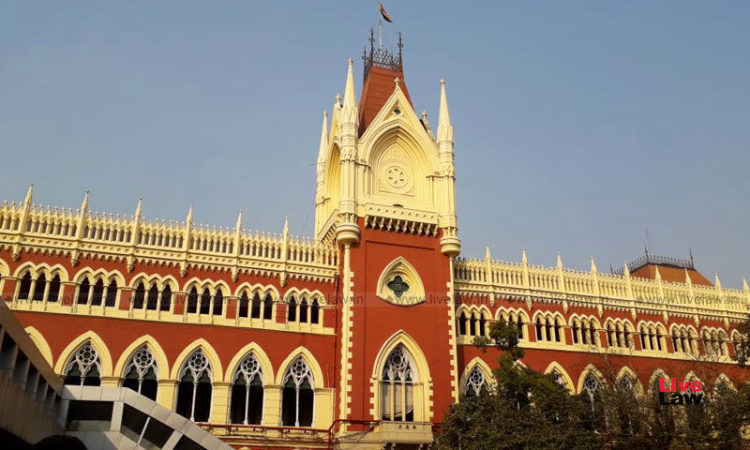The Calcutta High Court has directed the refund of the penalty and held that the department was vacillating between Sections 67 and 68 of the GST Act, depending on whether the goods are in transit or in the godown.The bench of Justice Amrita Sinha has observed that initially the authority invoked the provision of Section 67 but thereafter shifted its stand and relied upon Section 68 read...

